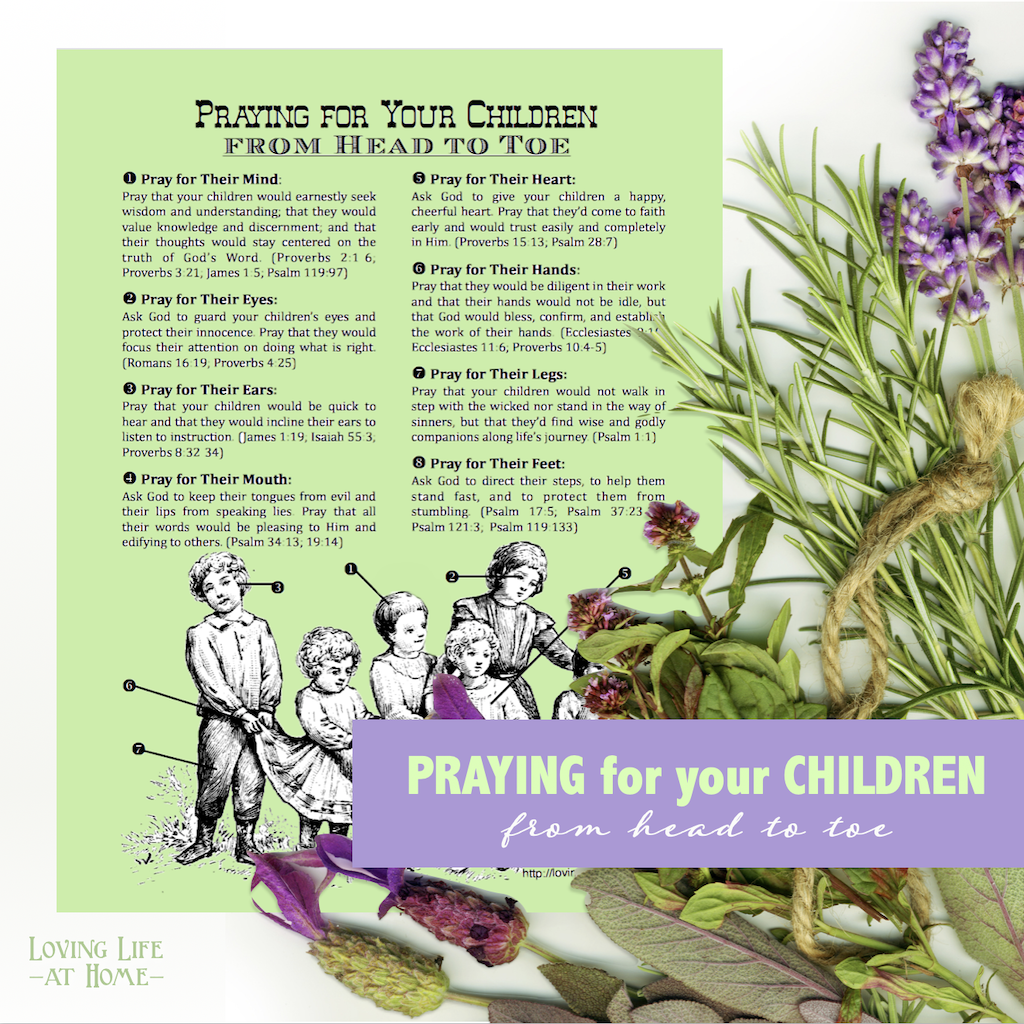EP 43: A Sure-Fire Way to Wipe Out Whining

Do you have a child who is prone to whining? Thankfully, there is an effective way to help your little one break this bad habit. Listen to this week’s episode of Loving Life at Home to learn six surefire strategies to wipe out whining.
The material for this episode is taken from a post I wrote in April of 2011. Scroll past the show notes to read that original post in its entirety.
Show Notes
RELATED VERSES:
- Philippians 2:14-15 – “Do everything without grumbling or arguing, so that you may become blameless and pure, “children of God without fault in a warped and crooked generation.” Then you will shine among them like stars in the sky.”
- Proverbs 22:6 – “Train up a child in the way he should go, even when he is old he will not depart from it.”
A Sure-Fire Way to Wipe Out Whining
If you’ve ever had a child who is given to whining, you know how grating it can get on the nerves of every member of the household.
We do our children no favors by letting them get away with such behavior; nevertheless, I think mothers, especially, are prone to make excuses for this bad habit: “He missed his nap. He’s feeling sick. He’s hungry.”
It’s time we crack down on all the constant complaining. Are you with me? Then join my campaign to wipe out whining. The task will take heaping helpings of the following ingredients:
Commitment
Explain to your little one that his behavior is making it hard for anyone to enjoy his company. Assure him that you love him regardless how he acts, but that you want other people to love him, too. Tell him that you plan to do whatever it takes to help him break his bad habit of whining.
Consequences
When parents give in to whining, they reward and reinforce such behavior. This must stop immediately. If you hope to help your child overcome this habit, you must make certain his whining never pays off. If he is begging for something he doesn’t really need, like candy at the checkout counter, then deprive him of it completely. If he is whining for something he genuinely does need, like a drink of water when he’s thirsty, then insist that he ask nicely before you give it.
Cheerfulness
Be careful to model a cheerful, happy disposition yourself. If you are angry and impatient in your responses to your child, your efforts to modulate his behavior will fall flat. In the above example, when your little boy whines for water, fill the cup, get down on his level, smile broadly, and prompt him, “Do you remember the nice way to ask?” Or simply say the words you want and let him parrot them back: “Water, please?” If you’ll teach your child how to say please in sign language (by rubbing his open hand on his chest in a circular motion), then you can even help him “say please” when he is too upset to utter the words. Gently guide his hand through the motion, then respond enthusiastically, “See? Isn’t that a much nicer way to ask?” as you give him his water.
Compassion
Keep in mind that language skills vary greatly from child to child. One two-year old may be able to say, “Mommy, I feel thirsty. May I have a small glass of water, please?” while the next can barely string two words together, especially when he’s upset. A child’s mind develops much faster than his ability to communicate, and the results can be frustrating for everybody involved. Ensure that older siblings are sensitive to this fact, as well. They must be made to realize that sometimes little brother whines because he doesn’t yet have the words to express, “I don’t like it when you tease me, so stop doing that!”
Consistency
You cannot crack down on whining one day, ignore it the next, reward it the following, and expect that approach to work. Consistency is of vital importance in conquering the bad habit of whining. But consistency is also important in children’s schedules, especially at this age. Young children are prone to be cranky whenever they are tired and/or hungry, so keeping to a predictable schedule for meals and naptimes will go a long way in helping your child maintain a more pleasant disposition throughout this “stage” of life.
Contentment
And last but not least, remember that we teach best by example. If you find yourself murmuring more than you care to admit or even throwing an occasional tantrum, it could mean that your child has come by his whining honestly. By focusing on the positive, we can replace inner grumbling and complaints with gratitude and contentment. Joy begets joy just as surely as discontent breeds discontent. Keep it up, and your children will eventually catch your enthusiasm for living.
UPDATE: Thanks for visiting, Pinterest users!I hope you’ll check out some of my other posts, visit my Family Website, or follow me on Facebook.







What a great article! Very practical and helpful. Thanks
I’m so glad you think so, and you’re welcome!
Excellent! We used to tell our little ones, “Show me a cheerful face.” And it went a long way to help them change their attitude. If they were whining, they went to bed. Not for discipline, but we said that if they were whining they were either sick or tired – which required bed in either case. Usually after 5-10 minutes in bed, they chose to be cheerful and they were much better!
Thanks for sharing this on my link-up today!